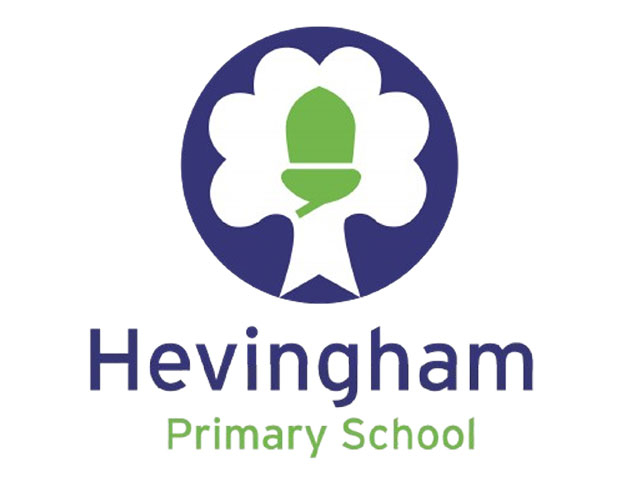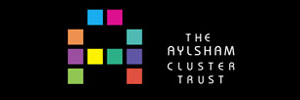Intent
It is our intention to provide a high-quality science education that provides children with the foundations they need to recognise the importance of Science in every aspect of daily life. We give the teaching and learning of Science high prominence.
Our curriculum will enable children to become enquiry-based learners collaborating through researching, investigating and evaluating experiences. It will encourage respect for living organisms and for the physical environment.
Teachers will ensure that all children are exposed to high quality teaching and learning experiences. These will hook the children’s interest, enabling them to develop a sense of excitement and curiosity about natural phenomena. They will be encouraged to ask questions about the world around them and work scientifically to further their conceptual understanding and scientific knowledge.
Children will be encouraged to understand how science can be used to explain what is occurring, predict how things will behave, and analyse causes. It will provide opportunities for the critical evaluation of evidence and rational explanation of scientific phenomena as well as opportunity to apply their mathematical knowledge to their understanding of science, including collecting, presenting and analysing data. Children will be immersed in key scientific vocabulary, which supports in the acquisition of scientific knowledge and understanding.
All children will be provided with a broad and balanced science curriculum which reflects the equality and diversity policies and practice in school.
Implementation
We ensure that our children have the right balance between working scientifically and learning scientific facts. We encourage deep thinking in our science lessons and encourage questioning and considering different avenues for further research. The children do this through exploring, talking about, testing and developing ideas about everyday phenomena and the relationships between living things and familiar environments, and by beginning to develop their ideas about functions, relationships and interactions. They ask their own questions about what they observe and make some decisions about which types of scientific enquiry are likely to be the best ways of answering them, including observing changes over time, noticing patterns, grouping and classifying things, carrying out simple comparative and fair tests and finding things out using secondary sources of information. They draw simple conclusions and use scientific language to talk and write about what they have found out.
EYFS
We teach science in reception classes as an integral part of the topic work covered during the year. As the reception class is part of the Foundation Stage of the National Curriculum, we relate the scientific aspects of the children’s work to the objectives set out in the scale points which underpin the curriculum planning for children within the EYFS. Science makes a significant contribution to children’s progress within the strand of knowledge and understanding of the world.


